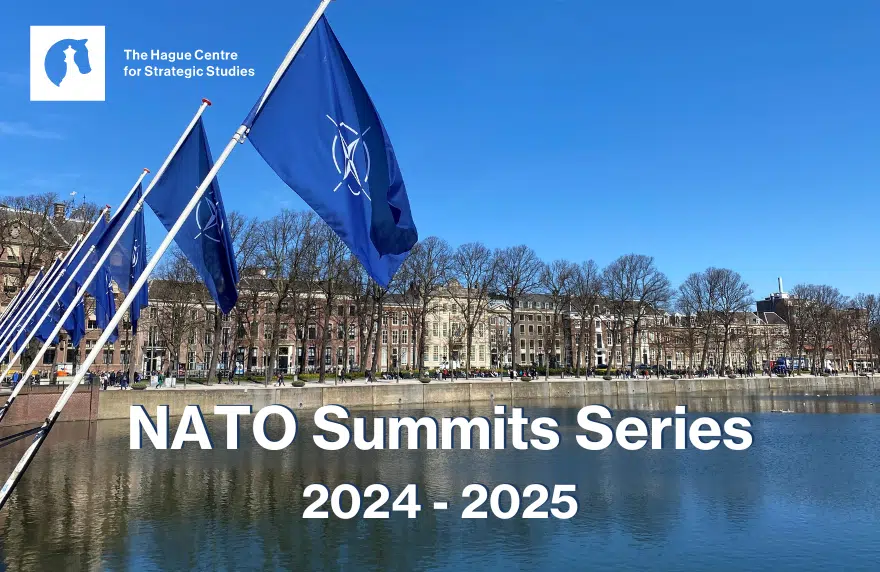Al-Assads’s aggressive maneuvers over the past three days, coinciding with the beginning of Ramadan, the month of spiritual self-reflection, has led to a flurry of policy initiatives in the West, ranging from a power lacking presidential statement by the UN Security Council condemning the violence in Syria, to new sanctions by the EU. Such symbolic measures, however important they may be as motivating forces for the opposition, will not result in immediate or large-scale changes on Syrian soil, and have in practice only succeeded in increasing the image of international divisions, empowering Syria’s regime, and depriving the opposition forces on much needed legitimacy.
Why has the international community not been able to reach a more unified stance, let alone adopt more decisive measures? Why has Turkey thus far been the only state in the region to sharply condemn Syrian violence against its civil population? And why has the Arab League, more defiant now Egyptian presidential candidate Amr Moussa has left his position as chairman, refrained from condemning al-Assad? There are four key Big Uncertainties withholding the international community and neighboring states from taking a more decisive stance.
Firstly, the question of who exactly holds power of decision making in Syria’s tight-knit ruling elite has become even more clouded lately as Bashar remains largely out of the public eye, leading to whispers of a power shift and a more central role for the war-mongering younger brother Maher. Connected to this are uncertainties concerning rumored mutiny and defection among security personnel, partly fueled by the high death rates reported by the regime among its forces. However, even if these rumors on defection are true, an Egypt-style rift between army and regime is unlikely, as Syria’s security and defense apparatus, in a cunning example of divide-and-rule politics, is specifically organized to protect the regime and the best equipped segments are fiercely loyal.
A second unknown is the make-up of the opposition, particularly its lack of leadership, and the divergence of goals pursued by different parties, ranging from reforms under al-Assad to his departure from Syrian soil. Although worrying, this lack of coordination and leadership is not unusual for a grass roots opposition movement. Many revolutions take place with either a rather cosmetic, non-representative leadership, or one that crystallizes only after the almost obligatory scuffles among competing elites during a transition. You can hardly blame the Syrians after 48 odd years of Baath repression for not having been able to build a proper civil society.
Thirdly, worries about a potential civil war based on sectarian affiliations continue to trouble decision making. On the one hand, Syria has no recent history of ethnic tensions, and even during the transition from French Protectorate the feared crackdown on the Christian and Druze minorities failed to take place. As was shown in the governorate of Latakia, the current protests also draw Alawites to the streets, showing support for the protests is present among segments of the Alawite community.
At the same time, the recent unrest has reaffirmed sectarian identities, as the regime has skillfully exploited sectarian loyalties in its crackdown, by, for instance, arming Alawite communities near centers of Sunni protests. There are signs of strengthened support for the regime among the Alawite and other minority communities with most to lose from regime change, increasing the potential for civil strife along sectarian lines. In addition, in Homs, a city considered to be a testing ground due to a demographic make-up that mirrors Syria at large, cases of sectarian violence are on the rise. The likelihood of sectarian strife will increase with time, now Syria’s economy and state system slowly break down, and people are left to rely on the most primordial of ties. Moreover, fears for the exploitation of regime change by domestic and foreign Islamic extremist groups that hold grudges against the regime, further complicates the matter.
Fourthly, bringing about reforms or even the ouster of al-Assad will require even greater efforts by the opposition and will likely encompass a shift towards more violent action. It is feared among neighboring states and the international community that any further escalation of the conflict could create fall-out throughout the Middle-East and fuel conflicts in Lebanon, Iraq, and Israel, either as a consequence of regime change, or as an act of diversion by al-Assad, as was visible in the recent marches on the Golan Heights. Meanwhile, further Iranian interference in Syria, which it regards as it primary instrument to meddle in the Middle Eastern regional balance of power, is likely, and fits within Tehran’s recent, more assertive, regional policy, exemplified by the speed-up of its uranium enrichment program, and the passage of Iranian naval ships through the Suez Canal.
The consequence is something of a Catch 22 situation. Nobody has any doubts about the moral bankruptcy of the al-Assad regime. But the Big Uncertainties described above currently keep the international community from acting more decisively, fearing any stronger actions may result in a period of chaos rippling throughout the Middle East, affecting barely stabilized Iraq, Lebanon, and others. However, most of these uncertainties, particularly the inflammatory sectarian situation as well as the likelihood for the protests turning more violent, will only increase as time goes by and non-violent demonstrations have not brought about all the desired reforms. Meanwhile, the state and economy break down even further, and people turn to their own blood for trust. Therefore, the international community will have to prevent a situation in which we will observe the situation for such a long time that these factors have deteriorated even further and our time has passed to influence developments in Syria for the better. In that case, our carefulness could end up in carelessness.
Photo credit: CharlesFred via Foter.com / CC BY-NC-SA





